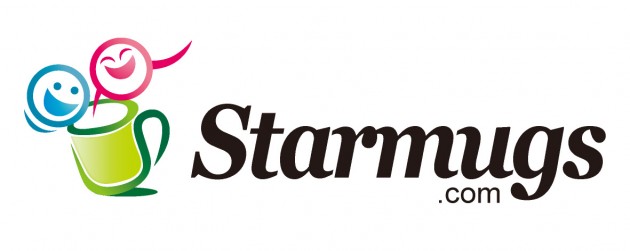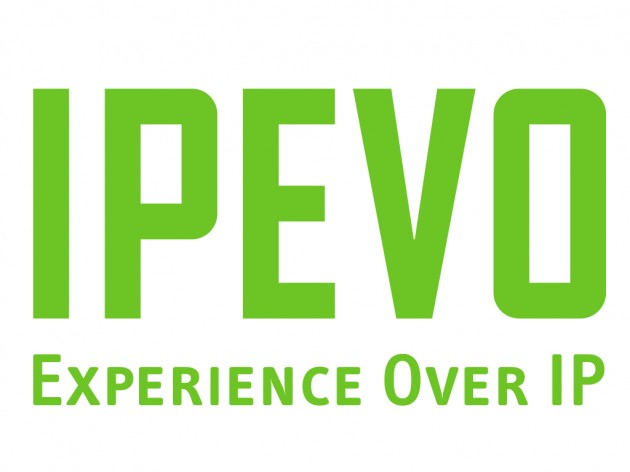 Asus, Acer, HTC or BenQ: Taiwan is well-known as a significant player in the global electronics industry, but it’s safe to say the Taiwanese web landscape is still a black box for many of us. Taiwan ranks 10th in Asia in terms of Internet population, with around 15 million people currently online. Add to this an online ad market that grew by 14.9% to $208 million in 2009, and you have a fairly attractive Internet market overall.
Asus, Acer, HTC or BenQ: Taiwan is well-known as a significant player in the global electronics industry, but it’s safe to say the Taiwanese web landscape is still a black box for many of us. Taiwan ranks 10th in Asia in terms of Internet population, with around 15 million people currently online. Add to this an online ad market that grew by 14.9% to $208 million in 2009, and you have a fairly attractive Internet market overall.
As in many parts of Asia, the 800-pound gorilla in the web arena is Yahoo: The company established Yahoo Taiwan as early as 2000 after a buy-out and acquired Wretch, a wildly popular platform for blogging and sharing media, in 2007. Today, these two sites are the biggest in the country, with Facebook following as the No. 3 (Facebook now has 3.9 million users in Taiwan).
 But the country does have promising tech start-ups with a global focus, too, some of which I talked with earlier this week during a (private) trip to Taipei. The TechCrunch/Crunchgear meetup on Monday, organized together with partner and co-organizer Chili Consulting (a local innovation strategy firm), was a blast. Over 120 people attended the meetup despite of a typhoon that traveled through Taiwan that day (we actually had to stop registration after a few hours due to space restrictions). Taipei- and San Jose-based hardware maker IPEVO sponsored the event.
But the country does have promising tech start-ups with a global focus, too, some of which I talked with earlier this week during a (private) trip to Taipei. The TechCrunch/Crunchgear meetup on Monday, organized together with partner and co-organizer Chili Consulting (a local innovation strategy firm), was a blast. Over 120 people attended the meetup despite of a typhoon that traveled through Taiwan that day (we actually had to stop registration after a few hours due to space restrictions). Taipei- and San Jose-based hardware maker IPEVO sponsored the event.
A total of six Taiwan-based startups were given the chance to pitch their services (all are available in English) to the audience. Here’s a rundown on all of these companies.
Startup 1:
 Swagly
Swagly
Swagly, which calls itself a word-of-mouth affiliate network, is targeting a multi-billion dollar market: the monetization of social networks and video sharing platforms. The key idea is to let people buy what they see in pictures and videos via a product-tagging widget. This widget is placed right below the pictures or videos, with the social network users tagging products themselves (demo).
If a friend sees a user-tagged Gucci bag in an album photo, for example, the Swagly widget will show details of the bag and where the friend can buy it (Swagly works with a slew of American retailers by integrating with Commission Junction and LinkShare). In the case of a click or sell-through, Swagly shares the revenue with the publisher and the user who tagged the product.
Startup 2:
![]() DragNTalk by Taroko Technology
DragNTalk by Taroko Technology
DragNTalk is what appears to be a quite powerful application that makes it possible to project presentations (and other documents) onto nearby computers just by using drag and drop. The software automatically displays presentation materials as web pages in your browser. And all you need to do to share a presentation is to share a local web address with your listeners in a local network (details).
You can then drag and drop any kind of file into the DragNTalk pane and go through your slides just like you do in Powerpoint, for example. The application lets you take snapshots of materials that are available in unsupported formats to be able to share these, too. Listeners can view the presentation you give in their browser windows.
DragNTalk is currently available as a trial edition, with a USB-powered wallet-size wireless router supporting the application in the works (people connecting through the Wi-Fi network spawned by the router will then be able to see the presentations automatically).
Startup 3:
 Ragic
Ragic
5-man startup Ragic wants to take on big enterprise solution companies like Salesforce with a dead simple database creation tool that’s based on a spreadsheet UI. Ragic claims their users can build a full-scale enterprise application like Salesforce’s account management system by themselves in about an hour – without any coding. Alternatively, users can customize and deploy applications offered by Ragic, i.e. their issue tracking or employee management solutions (Ragic’s own account management system is here).
The six applications Ragic currently offers are free to use for a limited time and are as easy to use as Excel. The company earns money by charging customers on a monthly basis (just like Salesforce in the form of a Platform as a Service model) and selling OEM licenses to web design companies.
Startup 4:
 Starmugs
Starmugs
Starmugs was surely the most unusual of the demo companies presenting at the TechCrunch Taipei event. The site sees itself as the primary online destination for all lovers of Starbucks City Mugs, apparently quite popular collectible coffee mugs Starbucks started selling in 1994. If you’re one of these people, Starmugs lets you list up, display, trade and share stories about your mugs. The site even has its own virtual currency (Mug Cash).
Startup 5:
 Citiport
Citiport
Launched at DEMO last year, Citiport can roughly be described as a mix between Yelp and TripAdvisor. The site offers travelers “insider information” on the best places to visit in cities around the world. The idea is to collect recommendations on so-called “hotspots” (restaurants, bars, nightlife, shopping, sightseeing, hotels etc.) from people who live in these cities. These locals can be contacted directly on the site and may be ready to help travelers get around in real life as local tour guides.
Startup 6:
![]() YusReader by Cloudonline Technology
YusReader by Cloudonline Technology
YusReader is a nifty full-content RSS reader and sharing platform. The site encourages you to log in with your Facebook account, as YusReader makes it possible to find blogs read by your Facebook friends and share your own favorite blogs with them. The site is also pre-populated with blogs grouped in several categories (sports, lifestyle etc.), but allows you to add your own RSS feeds, too.
Each blog is displayed as an icon in a customizable grid-view. Click on the icon to view the blog in a full browser window where you’ll find a YusReader bar at the top. You can choose the blog you want to read via a drop-down menu and quickly browse through the articles from that blog by scrolling up and down with your mouse.
Event sponsor:
 IPEVO
IPEVO
Founded in Taipei, Taiwan & San Jose, California in July 2007, IPEVO creates devices that expand and enhance the overall experience over the Internet. Renowned for its iconic line of VoIP and Skype hardware, IPEVO has established a reputation for innovating award-winning designs and affordable products to help make the Internet a better place for what matters most–connecting, communicating, and sharing with the world around us.
IPEVO’s current product line includes the best-selling So20 Wifi phone for Skype and the Kaleido R7, a digital frame that features a unique pivoting display design and comes bundled with EyeStage software to wirelessly stream Flickr, Picasa, Facebook and other Internet contents from a PC or Mac to the frame. Available in late October, the Point 2 View USB Camera (pictured below) is a 2.0 Megapixel, PC & Mac compatible webcam that sits on a versatile swing-arm stand.

Many thanks to all attendees, demo companies, co-organizer Chili Consulting and sponsor IPEVO. xie xie! You can find many more pictures of the event here (courtesy of Chili Consulting).